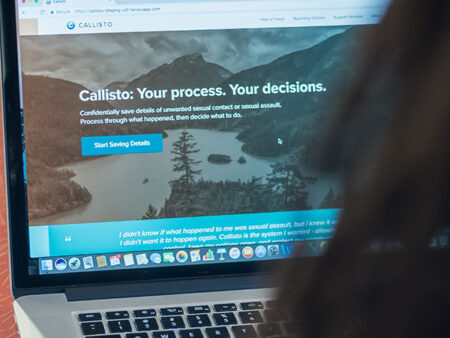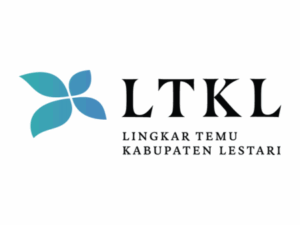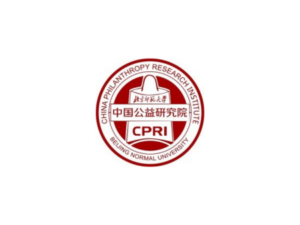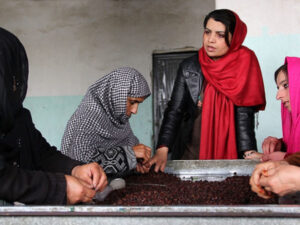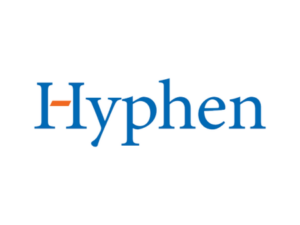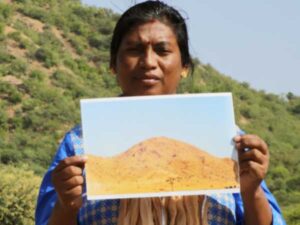Callisto Campus has given students at 12 colleges a secure, online place to record the details of sexual misconduct and to spot repeat offenders using a system that removes barriers to reporting abuse. Survivors who used it were six times more likely to report assaults to campus authorities. The company that makes the system is testing it for use in the workplace, after learning from female startup founders how frequently they were harassed by investors. Callisto Expansion, designed to stop workplace sexual predators, may face more reluctance among employers unwilling to make it easier to report harassment and assaults.
Read the Solutions Insights Lab Interview with Tracy DeTomasi of Callisto.

